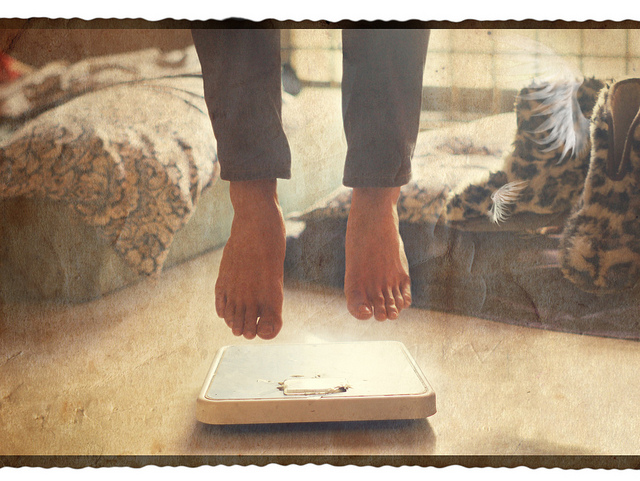An older adult’s weight, as much as his or her blood pressure and cholesterol level, is important to health. Being overweight puts older adults at higher risk for type 2 diabetes and heart disease, among other chronic conditions, and reduces their ability to function. The National Institutes of Health has one tip for losing weight: Don’t focus on weight loss. Instead, set the right goals. Here’s how to do it:
- Focus on a healthy diet and exercise. Don’t focus on weight loss.
- Be specific about the behavior change you want to accomplish. “Walk more” is not concrete. “Walk a mile three times a day” is concrete, but can you really do it?
- Set realistic goals. Don’t be overly ambitious.
- Change your goals over time, depending upon how you’re doing.
- Reward yourself as you make progress. Even small progress should be rewarded.
- Track your behavior. Consider keeping a log of either what you are doing every day, such as food you’re eating, or distance you’re walking, or outcomes, such as how much weight you’ve lost.
- Make it easier to eat less. You are not likely to feel full until 15 minutes after you’ve eaten. But, eating slowly helps you feel fuller faster, as does eating a lot of fruits and vegetables
No matter what your weight, a loss of just five percent of your starting weight can have significant health benefits. If you have Medicare, keep in mind that Medicare covers weight-loss counseling. And, if you are trying to help someone you love lose weight, here’s a tip. Putting aside weight loss, here are five ways to feel at your best.
There is no evidence in the literature that dietary supplements or medications for weight loss work.










